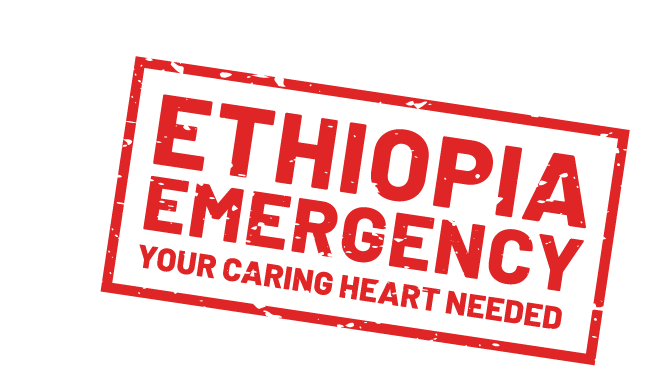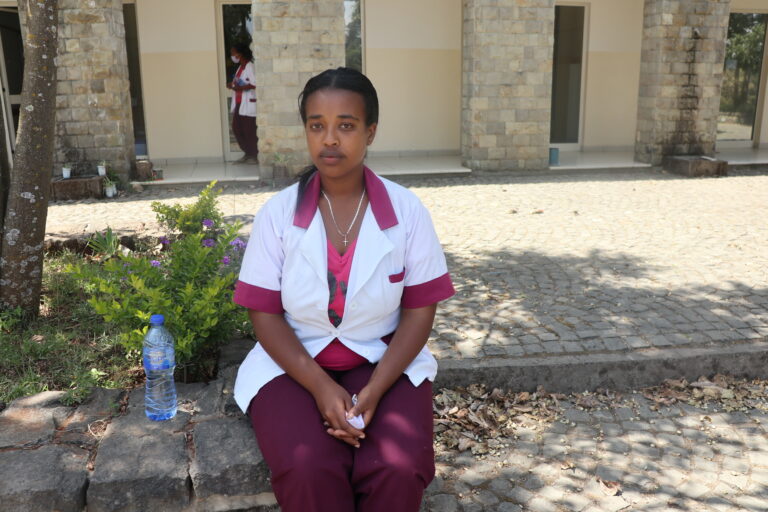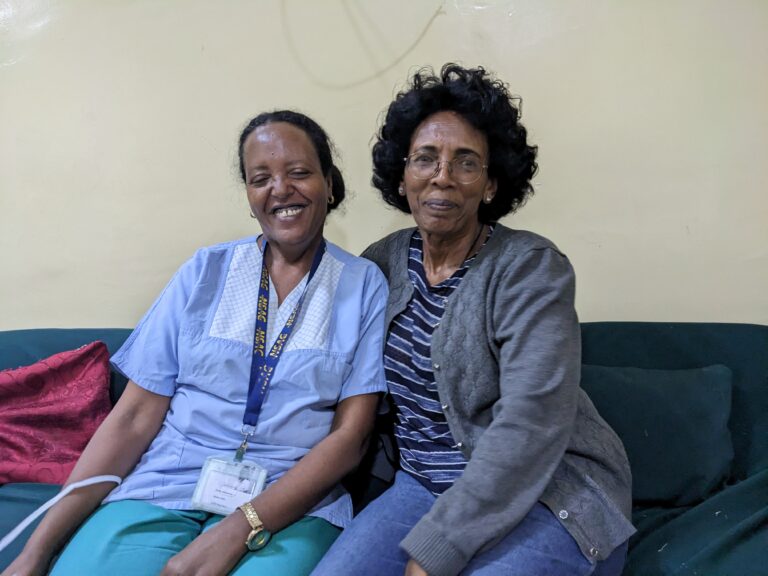Project Location: Afar, Ethiopia
Local Field Partner: Afar Pastoralist Development Association (APDA)
Report Author: Valerie Browning
Reporting Period: Second quarter, FY2024
No food for almost 500,000 people + multiple woes
1. Dire needs still facing the community.
Since my last report and update, the area we cover has had very little rainfall. Although there have been some small and isolated storms, there hasn’t been anywhere near enough to rejuvenate grazing land.
Hunger levels remain at their peak… and along with them, malnutrition. To stave off mother and babe malnutrition, APDA is currently providing:
- 137 malnourished mothers in Obno who are isolated on the Djibouti border with supplementary food for two months.
- 820 mothers in need across the combined regions of Gala’alu (southern Afar), Bidu (on the Eritrean Border) and Teeru (central Afar) with emergency support. Mums in Gala’alu have been hit especially hard by ongoing drought and the Issa/Somali conflict.
Meanwhile, mothers Bidu have been without support of any kind.
Currently, we can meet barely meet 20% of the actual need across these communities. So every day, we’re forced to make impossible choices… singling out the few who we can afford to help, the very worst affected:
- Those with no relatives to turn to for assistance.
- Those with no assets left to sell off.
- Those for whom we are the last hope.
The call I received from the Bidu administration three days ago was telling:
- 5,513 households in the district are trapped without any assistance
- Farmers in the region are now in their fourth year without a productive rainy season.
- Locust plagues have attacked was little was left of the pasture and livestock are dying. Lucky people might have less than 10 goats to support their families, but the camels and donkeys have died.
- The poorest are being hit the hardest.
To make matters worse for families in Bidu, it is a nine-day camel trek from the district administration. The ancient volcanic terrain makes road construction a near impossibility. This means it takes at least nine days for help to arrive… and more often than not, help arrives too late.
Already, children and adults have died from hunger in Bidu. APDA has plans to thoroughly screen the community and assess the level of need. We hope to target 2,000 – 3,000 people with food rations. The goal is to alleviate hunger and starvation and prevent any further catastrophe.
The World Food Program (through USAID) has recently stated its intention to resume food aid to Ethiopia. This will bring desperately needed relief to some areas, but it will not reach families isolated on the Eritrean border. APDA is committed to going the extra mile to get emergency food to the most remote communities – first with a truck and then off road with camels.
Animal feed is going out to the most affected communities to help households in danger of losing the remaining livestock to drought. This is especially urgent given the rains that can rejuvenate plant growth may well not start till late March/April 2024. Especially given recent rain patterns.
2. The cholera outbreak continues.
The cholera outbreak began in southern Afar, spred by daily labourers coming from affected areas of Ethiopia. Contaminated water (mostly from Awash River) is the culprit, but poor nutrition and, unsanitary living conditions are also strong contributors. So far, there have been:
- Nine districts were affected.
- 1,200 cases diagnosed (counting both government-declared and APDA health worker documented).
There are healthy food crops growing across 20 sites across our project area. APDA has formed and trained cooperatives, each with 15 women and 5 men, to tend these gardens.
All sites are growing and selling fruits and vegetables not previously available in their area. This is helping to boost nutrition and combat food shortages. it also feeds into a growing local economy and provides direct income for the poorest in the community.
APDA has constructed a demonstration horticultural ploy and training center where community groups can come to learn how to grow new food crops. The dream for this center is that it would one day also process food that can be transported and sold to those living in the vast dry areas of Afar.



